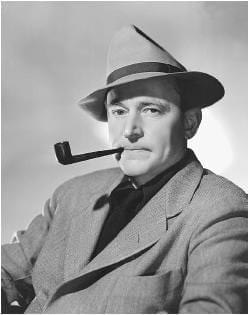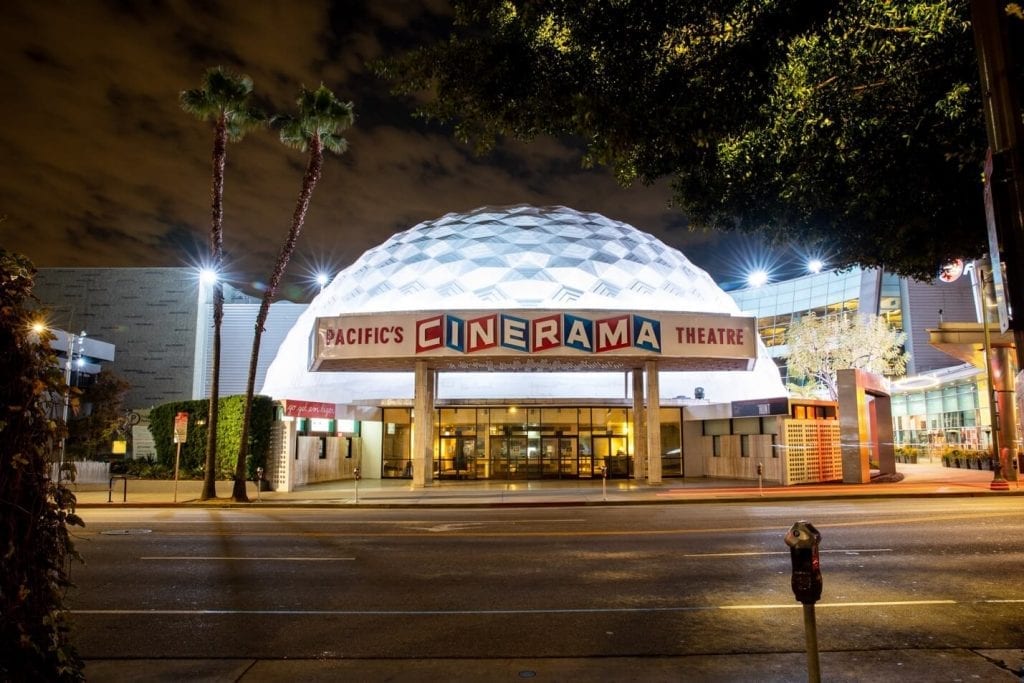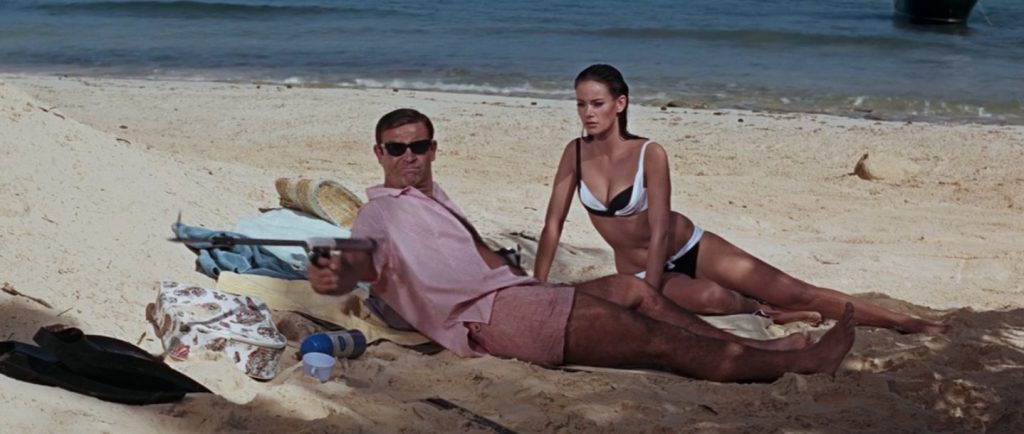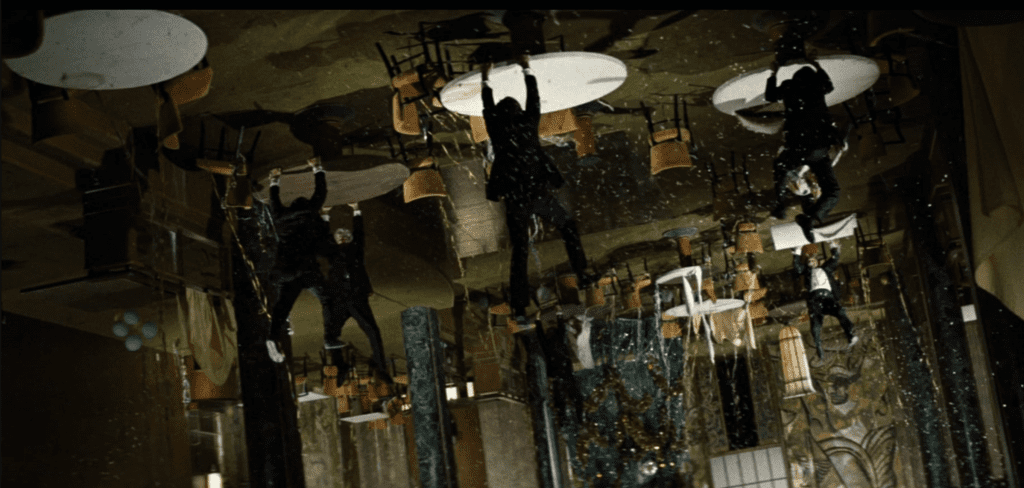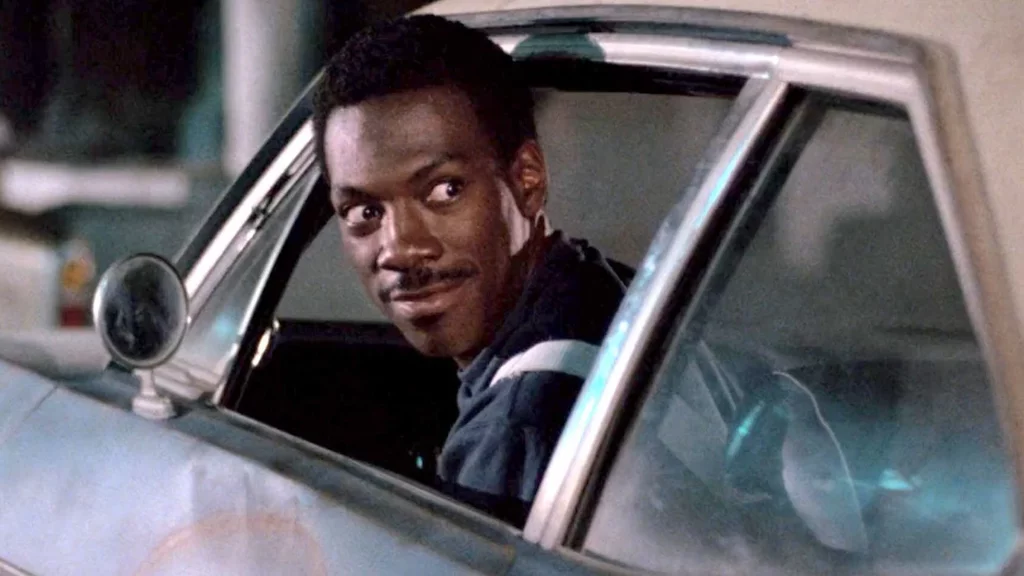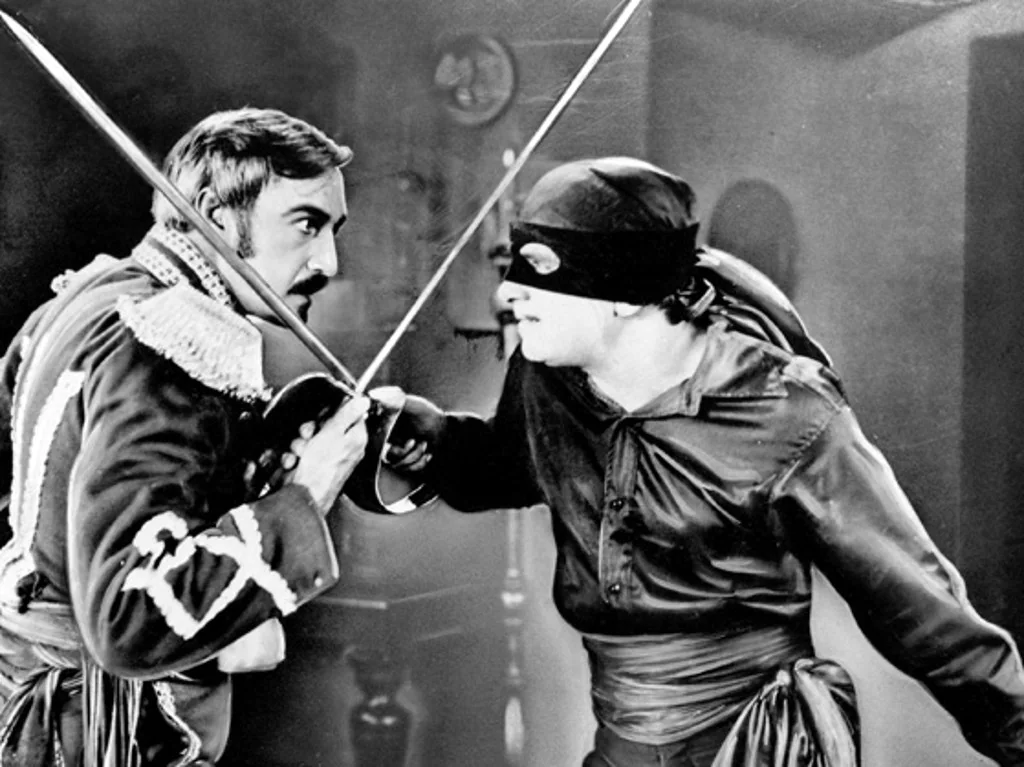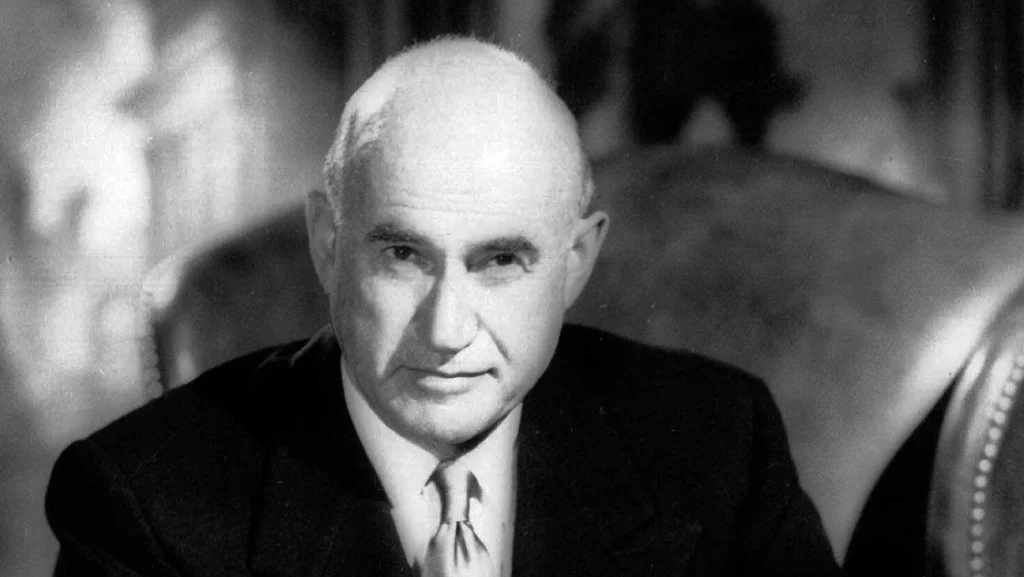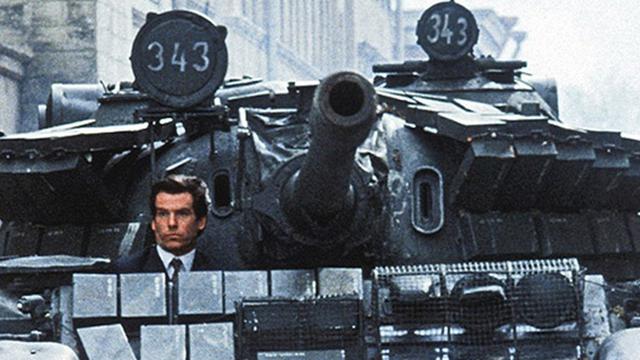Without Merian C. Cooper, who died April 21, 1973, King Kong would never have been born and Godzilla would never have met his onscreen monster match. Before producing films in 1930’s Hollywood, Cooper was an aviator, an Air Force hero pilot, a Soviet prisoner of war for nearly nine months in 1920 and an global adventurer who was in some ways the model for King Kong’s showman character Carl Denham (played by Robert Armstrong), who sets sail for Skull Island to shoot a movie and winds up bringing a giant gorilla back to terrorize New York City.
 King Kong went into production in August 1932 with Fay Wray as the blonde heroine with whom Kong falls in love. By the time it hit theatres on April 7, 1933, Cooper had become head of the production for the film’s studio, the financially distressed RKO Radio Pictures. He’d been working as executive assistant to the legendary David O. Selznick (Gone With the Wind) and when the Selznick quit in February 1933 after a corporate dispute over his production authority, Cooper took over. Before departing, Selznick changed the title of Cooper’s movie from Kong to King Kong. Because of that last-minute change, the film’s only reference to the character King Kong is a brief shot of his name on a marquee.
King Kong went into production in August 1932 with Fay Wray as the blonde heroine with whom Kong falls in love. By the time it hit theatres on April 7, 1933, Cooper had become head of the production for the film’s studio, the financially distressed RKO Radio Pictures. He’d been working as executive assistant to the legendary David O. Selznick (Gone With the Wind) and when the Selznick quit in February 1933 after a corporate dispute over his production authority, Cooper took over. Before departing, Selznick changed the title of Cooper’s movie from Kong to King Kong. Because of that last-minute change, the film’s only reference to the character King Kong is a brief shot of his name on a marquee.
Cooper co-created the King Kong idea & story, co-wrote its screenplay and co-produced & co-directed the film together with Ernest B. Schoedsack. Unfortunately, in September 1933 Cooper suffered a heart attack and went on holiday until mid-December. By early 1934 he was ill again and took an extended Hawaiian vacation. Returning in mid-May, he resigned and was succeeded at RKO by his assistant, Pandro S. Berman. Cooper’s exit package from RKO included a deal to produce two movies — She, which lost $180,000 in 1935, and The Last Days of Pompeii, which lost $237,000 in 1935. King Kong, however, had film rentals of $1.8 million, blockbuster business at the height of the Depression in 1933. MGM, knowing a good thing when it saw one, offered to buy King Kong from RKO before its release for $400,000 more than its $672,000 production cost. But RKO, also knowing a good thing when it saw one, refused to sell. Over the years, changes in movie library ownership brought King Kong to Warner Bros. and Legendary Entertainment, who also knew a good thing when they saw one. After the success of their 2017 hit Kong: Skull Island ($566.7 million worldwide), they put Kong up to battle Godzilla in today’s pandemic record-setting hit Godzilla Vs. Kong.


